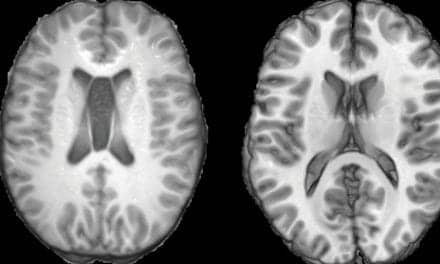Researchers from the University of Wisconsin Hospitals and Clinics in Madison suggest that, during a motorcycle accident, helmet use lowers the likelihood of cervical spine injury (CSI), particularly fractures of the cervical vertebrae.
In their study, published recently in Journal of Neurosurgery: Spine, the researchers reviewed the charts of 1061 patients who had been injured in motorcycle crashes and treated at a single Level 1 trauma center in Wisconsin between January 1, 2010, and January 1, 2015. Of those patients, 323 (30.4%) were wearing helmets at the time of the crash and 738 (69.6%) were not. (Wisconsin law does not require all riders to wear a helmet.)
At least one CSI was sustained by 7.4% of the riders wearing a helmet and 15.4% of those not wearing one; this difference in percentages is statistically significant (p = 0.001). Cervical spine fractures occurred more often in patients who were not wearing helmets (10.8% compared to 4.6%; p = 0.001), as did ligament injuries (1.9% compared with 0.3%; p = 0.04); again these differences are statistically significant. There were no significant differences between groups (helmeted versus unhelmeted riders) with respect to other types of cervical spine injuries that were sustained: nerve root injury, cervical strain, or cord contusion, explains a media release from Journal of Neurosurgery Publishing Group.
Although the study population is small, the authors believe the results provide additional evidence in support of wearing helmets to prevent severe injury in motorcycle crashes.
“Our study suggests that wearing a motorcycle helmet is a reasonable way to limit the risk of injury to the cervical spine in a motorcycle crash,” says Nathaniel P. Brooks, MD, one of the authors of the study.
[Source(s): Journal of Neurosurgery Publishing Group, Science Daily]





